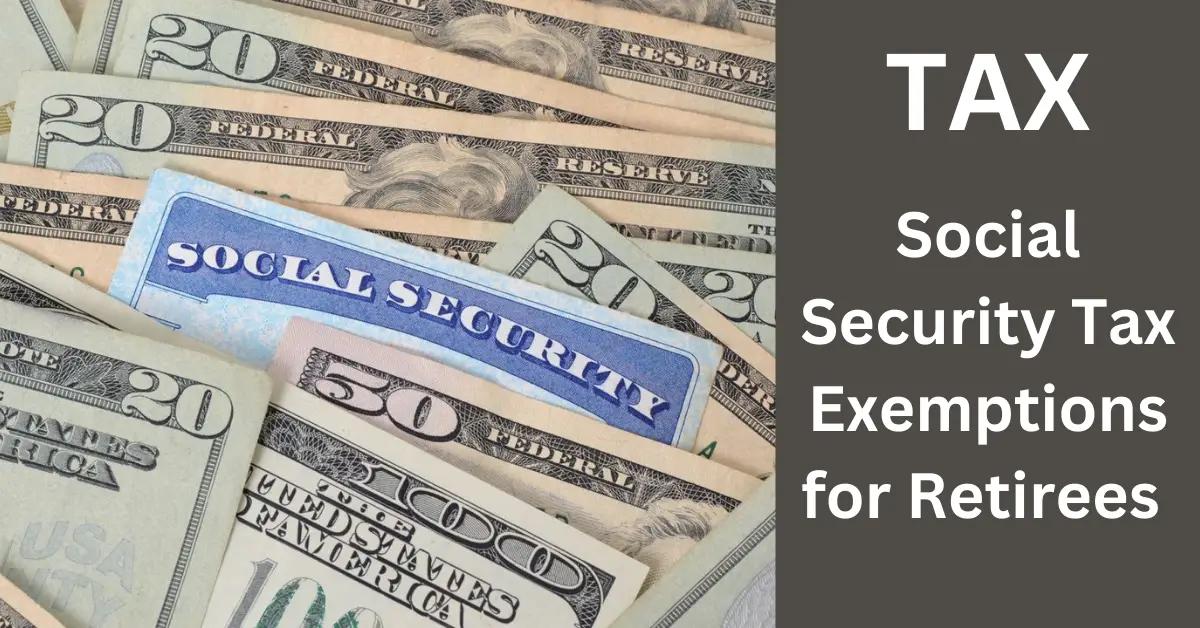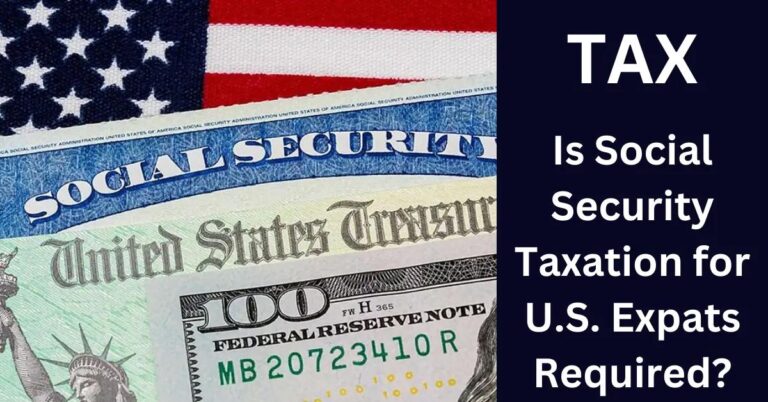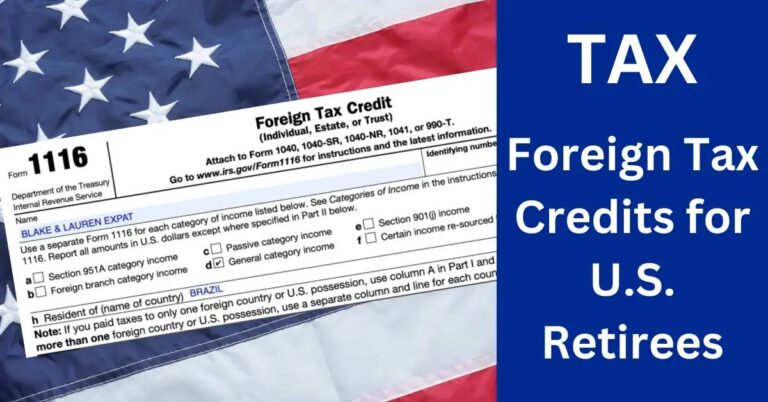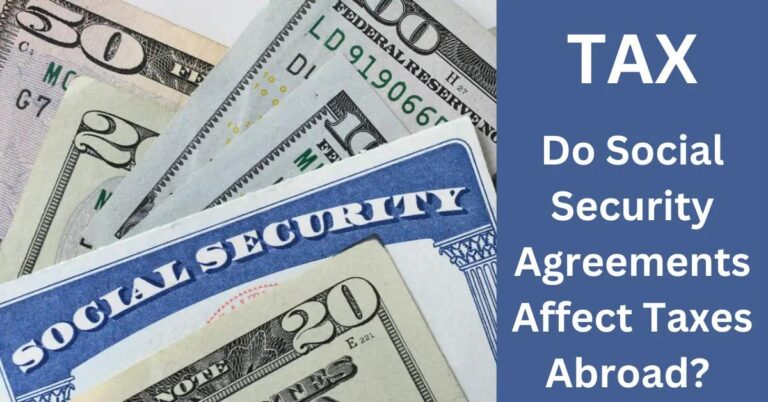TL;DR:
- Social Security benefits may still be taxable by the U.S. even if you live abroad.
- U.S. citizens are taxed on worldwide income, including retirement income overseas.
- Double taxation can be mitigated by bilateral tax treaties and totalization agreements.
- Tax treaties vary by country; research is essential for specific rules.
- Countries with agreements like the UK, Canada, and South Korea might exempt Social Security from U.S. taxes.
- The SSA Payments Abroad Screening Tool helps check benefits eligibility.
- Duration abroad may affect benefits depending on the host country.
- Use foreign tax credits to reduce double taxation.
- Consult professional expatriation tax services for tailored advice.
- Staying informed on tax laws ensures smoother retirement abroad.
Dreaming of retiring abroad? Let's talk Social Security tax exemptions! Retiring in a tropical paradise or the charming streets of Europe can be appealing. But how does living overseas affect your Social Security benefits? This guide will clarify tax rules for retirees abroad. We'll explore eligibility criteria and tax-saving strategies. Discover how residency status, double taxation, and tax treaties affect you, and learn ways to make your retirement as relaxing and tax-free as possible.
Social Security Tax Exemptions for Retirees: Are You Eligible?
Many retirees wonder, "Do I have to pay taxes on my Social Security if I live abroad?" The answer is yes, you might still have to pay taxes. When you move overseas, Social Security benefits are often still taxable by the United States. This is because the U.S. taxes citizens on worldwide income, whether you live abroad or in the U.S.
Now, do retirees have to pay U.S. taxes when they are overseas? Again, the answer is yes. Your residency status affects how much you may have to pay. If you're an expat, you might face different tax rules than someone living stateside. Being aware of these differences is key.
An essential concern is double taxation, where both your host country and the U.S. might tax the same income. To mitigate this, bilateral tax treaties and totalization agreements are helpful. These agreements can reduce or eliminate double taxation on some types of income, like Social Security benefits. You can find more information on the Social Security Administration's website. These treaties can vary widely by country, so research is crucial.
What happens to your Social Security if you live in another country? It’s mainly the same, but compliance with U.S. tax laws is important. Ensure that you keep up with your U.S. taxes even while living elsewhere. This helps you avoid penalties and stay in good standing with the IRS.
To minimize tax payments on Social Security benefits, consider various strategies. Use foreign tax credits to avoid paying twice, and consult tax professionals familiar with expat rules. Remember, each solution must cater to your unique financial situation. Retirement income abroad has a different set of rules, so staying informed is necessary.
Social Security Tax Exemptions for Retirees: Are You Eligible?
Imagine retiring to a sunny beach abroad. Now, about paying taxes on your Social Security. Which countries exempt Social Security from U.S. taxes? Countries with Social Security agreements with the United States have liked ties to exemptions. Some of these countries are the UK, Canada, and South Korea. Such agreements avoid dual taxation and maintain benefits.
Maximizing your tax savings may mean picking a tax-friendly retirement destination. Look at countries with financial benefits for retirees. Many places offer low or no tax on foreign income, like Portugal’s Non-Habitual Resident regime.
Next, understand the SSA Payments Abroad Screening Tool. It aids in seeing if your benefits continue overseas. It helps check eligibility, confirming your continued Social Security benefits. Remember to stay informed about your required actions.
So, how long can you stay abroad and still get benefits? Your duration depends on the host country. Some places may require short returns to the U.S. to keep your Social Security coming. Always confirm your benefits rules per your destination choice.
Prousing foreign tax credits and exemptions wisely leads to lower taxes. Foreign tax credits can offset taxes paid to a foreign country. Filing forms correctly is key to not overpaying.
Consulting with professional expatriation tax services makes sense too. Experts in these services give tailored financial plans. Their advice maximizes tax efficiency and saves money over time. Such help is crucial for avoiding errors.
Focusing on these steps ensures a smoother retirement abroad. Bypassing unwanted tax can enhance your foreign living experience. Always stay updated on changing tax laws that could affect your retirement. Taking the right steps is vital for simpler financial planning while living out your dream retirement abroad.
Conclusion
Living abroad as a retiree? Keep these tax tips in mind to stay savvy. We covered how Social Security tax rules differ overseas and how your residency status affects these. Double taxation can be tricky, but bilateral treaties and totalization agreements often help cut through the mess. Staying compliant with U.S. tax laws is crucial. Strategies like seeking professional advice or picking a tax-friendly country can protect your income. With smart planning, you can enjoy your retirement without tax worries catching up to you.












